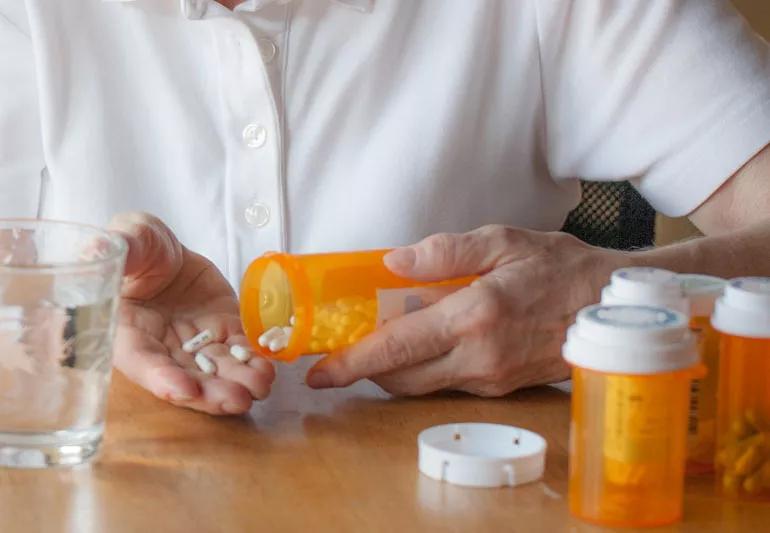Preventing rehospitalizations should be a top priority

The statistics are disheartening: 20% of heart failure patients are readmitted to the hospital within 30 days of discharge, and 50% return within six months. Experts say some of these readmissions could be avoided.
Advertisement
Cleveland Clinic is a non-profit academic medical center. Advertising on our site helps support our mission. We do not endorse non-Cleveland Clinic products or services. Policy
If you have heart failure, here are the top 4 things you can do to lessen the likelihood you’ll end up back in the hospital.
Advertisement
This article was adapted from Cleveland Clinic Heart Advisor.
Advertisement
Learn more about our editorial process.
Advertisement

An honest conversation will help you get the results you expect

Watch out for shortness of breath, fluid buildup + more

Don't despair — it's a common problem with many causes

Most recommended precautions center around minimizing bruising or swelling

Even one drink can have an impact on your cognitive function leading to slurred speech, blurred vision and impaired memory

Understand who may (and may not) benefit

Type 2 diabetes isn’t inevitable with these dietary changes

Applying a hot or cold compress can help with pain